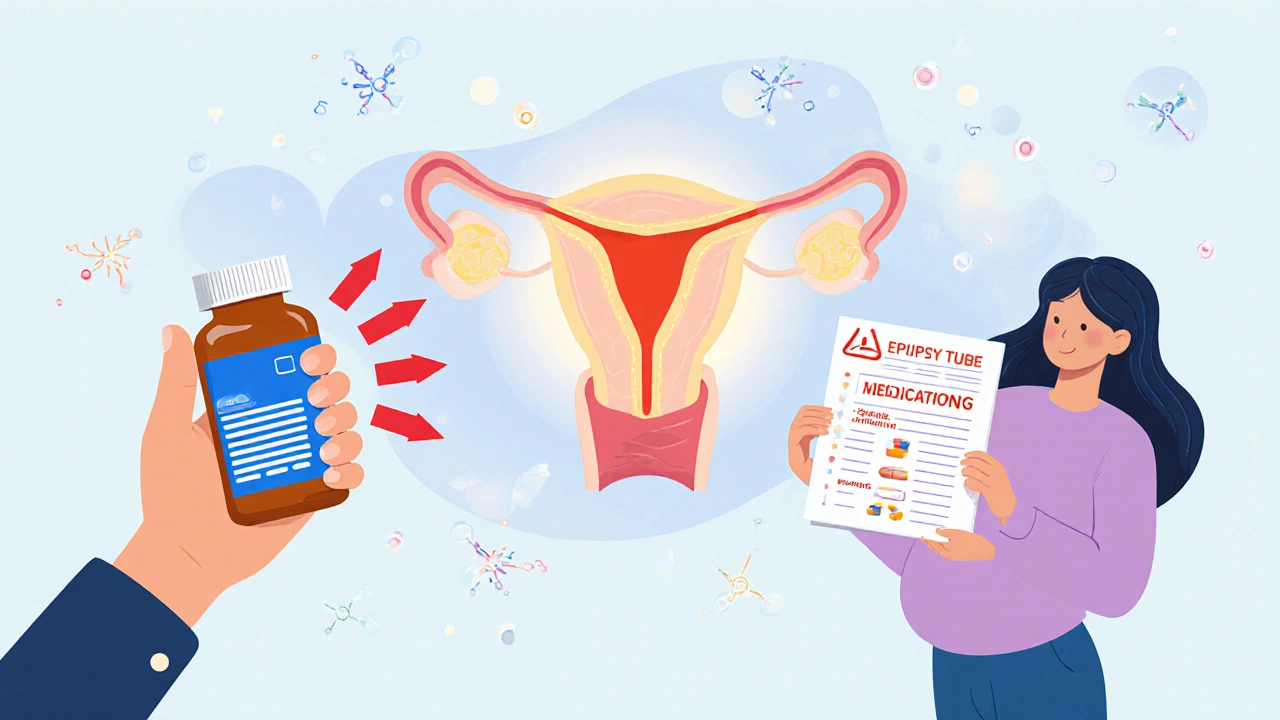Neural Tube Defects: Causes, Prevention, and What You Need to Know
When a baby’s neural tube, the early structure that becomes the brain and spinal cord doesn’t close properly in the first few weeks of pregnancy, it can lead to serious conditions like spina bifida, a defect where the spine doesn’t close fully or anencephaly, a condition where parts of the brain and skull are missing. These are called neural tube defects, congenital abnormalities that occur before most women even know they’re pregnant. The good news? Many of them can be prevented—mostly by doing one simple thing before conception.
Folic acid, the synthetic form of vitamin B9, is the most proven shield against these defects. Taking 400 micrograms daily before pregnancy and through the first trimester cuts the risk by up to 70%. It’s not just about eating leafy greens or fortified cereals—supplements are key because your body absorbs them more reliably. Women who’ve had a previous pregnancy affected by a neural tube defect need even more—up to 4,000 micrograms—under a doctor’s care. Timing is everything: the neural tube closes by day 28, often before a missed period. That’s why planning matters more than reacting.
It’s not just folic acid. Other factors play a role too. Diabetes that isn’t well-controlled, certain anti-seizure medications like valproic acid, and obesity can increase the risk. Some genetic patterns also raise the chance, though most cases happen in families with no history. That’s why every woman of childbearing age should be taking folic acid—even if not trying to get pregnant. Half of all pregnancies in the U.S. are unplanned, and the window to prevent these defects is tiny.
Screening during pregnancy—like the alpha-fetoprotein blood test and detailed ultrasounds—can spot these defects early. But screening doesn’t fix them. Prevention does. That’s why the most powerful thing you can do is start folic acid now, not when you see a positive test. It’s not a magic pill, but it’s one of the few medical actions with a near-guaranteed impact.
In the posts below, you’ll find real-world guidance on how to choose the right prenatal vitamins, what medications to avoid during early pregnancy, and how to manage conditions like diabetes or epilepsy that affect neural tube development. These aren’t theoretical discussions—they’re practical, tested tips from people who’ve been there. Whether you’re planning a pregnancy or just want to be prepared, the information here could make all the difference.
